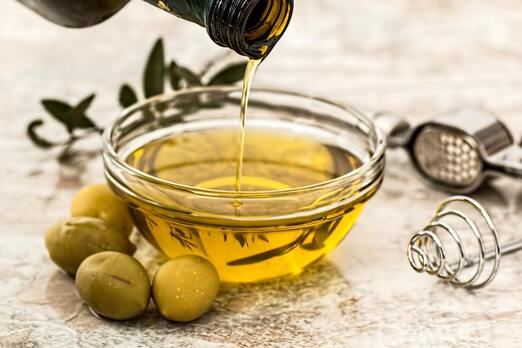 The demand of calories increases to more than 350 calories during pregnancy and up to 600 calories during lactation. Oils and fats are typically frowned upon in life. However, fats are very important during pregnancy and lactation as they provide energy and help in the fetal growth. Fats help in the formation of cells for the growing baby contributing in developing the placenta, immune system, heart, brain, eyes and more. Fats also aid in blood clotting, and help your body use vitamins A, D, E, and K. Some fats, called omega-3 fatty acids, play an important role in brain development. Source : ACOG Fats should make up about 20–35% of your total food intake—that’s about 6 tablespoons per day. It’s very important to keep in mind that during pregnancy, the quality of fats is more important than their total amount, especially for fetal development and infant growth. (Marangoni, Cetin, et al.) Fats can be classified into : Unsaturated fats, saturated fats and trans fats. Unsaturated fats should be maximized. These include olive oil, palm oil, almonds, avocados etc. Saturated fats that need to be controlled include olive oil, canola oil, peanut oil, etc. Trans fats are chemically processed saturated fats which need to be avoided as they have no nutritional value. These include chemically processed and packaged crackers, cookies, potato chips etc. MamaBix contains zero trans fats. Therefore, balance your diet with appropriate proportion of fats for healthy growth of mother and child. Be careful on what you consume. After all, you are what you eat!
0 Comments
Your comment will be posted after it is approved.
Leave a Reply. |
© COPYRIGHT 2020. ALL RIGHTS RESERVED.

